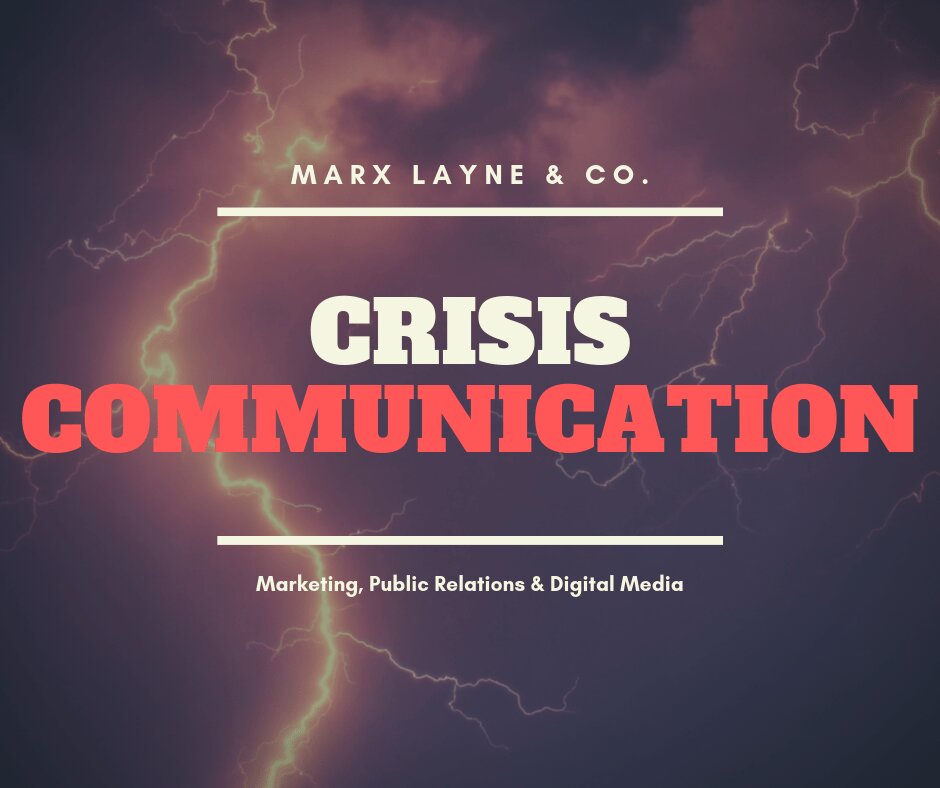
June 27, 2019
Municipalities Need Good Crisis Communication Tools When Extreme Weather Hits
Municipalities have numerous communications challenges in terms of reaching their constituents, especially in times of crisis. An added dynamic today is climate change, as municipalities experience extreme flooding. Both urban and rural communities are experiencing [...]
Municipalities have numerous communications challenges in terms of reaching their constituents, especially in times of crisis. An added dynamic today is climate change, as municipalities experience extreme flooding. Both urban and rural communities are experiencing not just property damage from flooding, but other consequences including sewer back-ups and contamination of the municipal water supply. The bigger, underlying issue, is often the aging infrastructure below ground, which can be from 50 to 100 years old. Too often municipalities do not have the necessary funding to replace or repair infrastructure and flooding problems are only going to get worse.

Recently, we’ve seen widespread devastation from flooding in Michigan and across the country. It demonstrates at least three reasons why municipalities need thoughtful, dependable communications tools during a crisis:
- Municipal leaders are expected to look out for the health and welfare of residents and businesses;
- Misinformation or a lack of information can put people’s lives at risk. When a crisis like widespread flooding is not handled properly, those in charge will be perceived as inept or uncaring;
- To govern effectively city officials must have the trust of taxpayers. When a crisis is handled well it reinforces the image of competent and reliable government.
So how does a municipality communicate with residents when flooding fills streets, basements and brings transportation and business to a standstill? Does the municipality have the capability to warn and inform residents in a timely manner? There are many ways to communicate with residents, businesses, community groups, and the media. We recommend municipalities first conduct an audit of their communications tools to determine which ones are working well and which need updating. These may include text messaging through an alert system, warnings on local cable TV, email, the city’s website, and social media posts.
A critical aspect of crisis communications is relationship building with the local media. Working closely with TV, radio and local newspapers can be the best vehicles for getting information quickly to those impacted by flooding. But being fast isn’t helpful if information is incomplete or incorrect. A crisis plan should include an updated list of all local media outlets, reporter names, emails and phone numbers. Also, municipalities should be prepared at the time of a crisis to initiate the first contact instead of reacting to a media report.
Every municipality needs a crisis plan that includes comprehensive communications protocols and tools. For more information about how Marx Layne can assist with a high level, crisis management plan, visit our crisis communications page here.
Share This Story, Choose Your Platform!
Marx Layne is your competitive advantage.
Your reputation and success are our only concerns.
